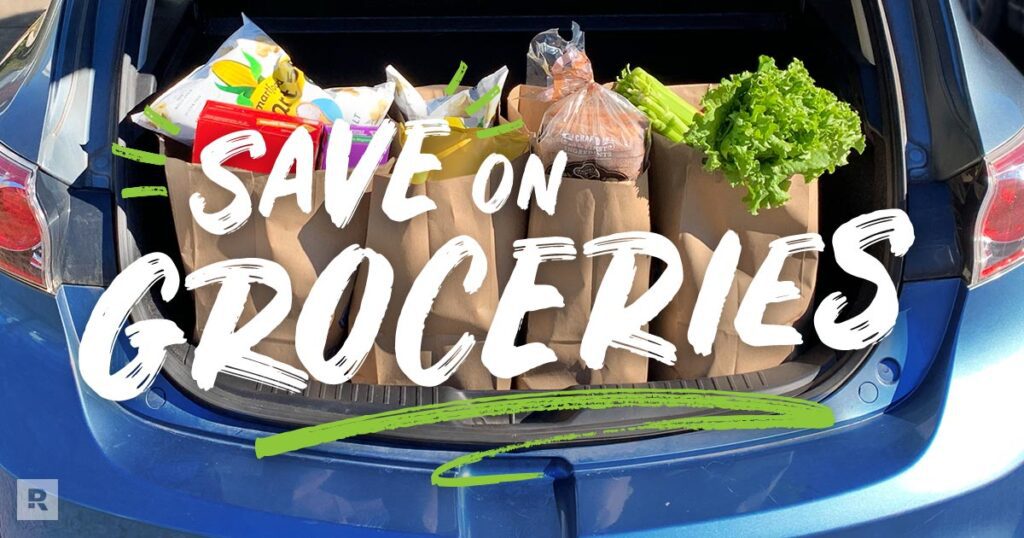Meal planning on a budget can be achieved by planning ahead, making a list of ingredients needed for the week, shopping for special deals, buying in bulk, choosing generic brands, sticking to the list, cooking in bulk, and avoiding prepackaged foods. Planning ahead prevents impulsive buying and saves money in the long run. Creating a list prevents buying food that is already in the home. Shopping in bulk, selecting generic brands, and avoiding prepackaged foods saves money. Cooking in bulk saves time, reduces food waste, and lowers the cost of meals. By following these tips, grocery store stress is alleviated.
Meal Planning on a Budget: How to Save Money on Groceries
Managing a budget can be a little tricky especially when it comes to buying groceries for your home. It is important to plan before you go grocery shopping, so that you can save money and avoid purchases that are not needed. Meal planning on a budget is therefore necessary in such situations. Here are some tips that can help you save money on groceries by meal planning.
1. Plan Ahead of Time
Meal planning may appear as a daunting task, but it is one of the easiest approaches to save money on groceries. Meal prepping involves organizing your meals ahead of time that can last for at least a week or two. This prevents impulsive buying and saves you money in the long run.
2. Make a List
When planning for meals, you should come up with a list of ingredients that you will need for the week. Making a list will prevent you from buying food items that you may already have in your home. Therefore, check your pantry, refrigerator, and other sources of food to avoid buying ingredients that are not needed.
3. Shop for Special Deals
Grocery stores often offer special deals on specific products or brands. Check the newspapers for deals on the products you will need for the week. You can also look for coupons or offers from online stores.
4. Shop in Bulk
When the opportunity arises, buy items in bulk to save money. Items such as rice, pasta, beans, and cereals can be bought in large quantities at a lower cost. This saves you money and reduces the number of trips to the grocery store, which saves on fuel costs.
5. Buy Generic Brands
Grocery stores often offer generic (store brand) products that are cheaper than brand names. These products usually have the same ingredients as the branded products, but cost significantly less. The generic brands may not have the same fancy packaging or advertising as the branded products, but they will ultimately save you money.
6. Stick to Your List
When grocery shopping, stick to your list of items that you need. Avoid the temptation to add unnecessary items in your cart. You should also avoid going to the grocery store when you are hungry as this can lead to impulse buying.
7. Cook in Bulk
Cooking in bulk can save you time and money. You can prepare a large meal and use the leftovers for a few days. This saves you from having to cook every day and also saves you money by reducing the amount of food wasted.
8. Avoid Prepackaged Food
Prepackaged or convenience foods can be expensive. These foods, such as instant noodles or microwavable meals, cost much more than if you were to buy the ingredients and prepare the meal yourself. Therefore, avoid buying these types of foods and opt for home-cooked meals that are less expensive.
In conclusion, meal planning on a budget is a critical strategy. By following these tips, you can save money on groceries, eat healthily, and avoid impulsive buying. Remember to plan ahead of time, make a list, shop for special deals, buy in bulk, select generic brands, stick to your list, cook in bulk, and avoid prepackaged meals. These tips will help you save cash and alleviate grocery store stress.
